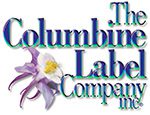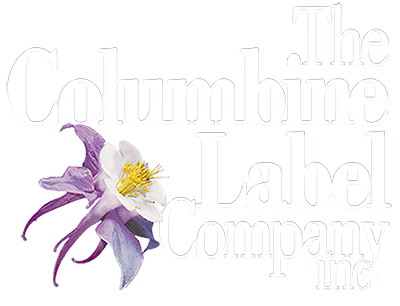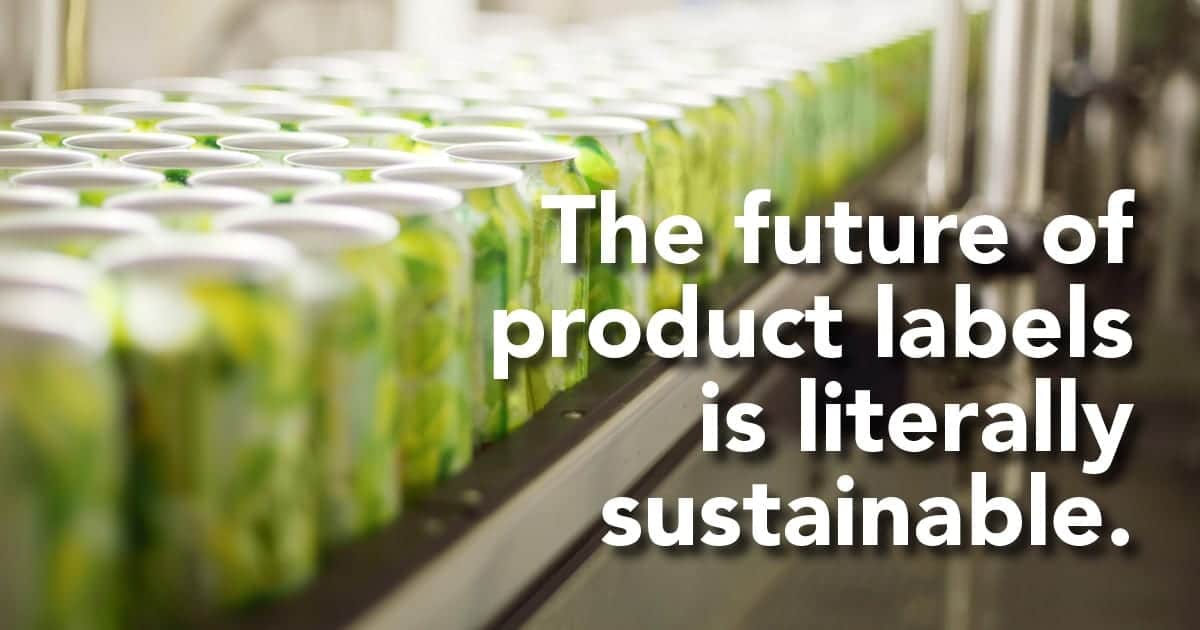What materials are suited for sustainable labels
In Part 2 of our Sustainability & Labels series, we covered the different terminology under the umbrella of sustainability. With a clear understanding of how these categories differ and why sustainability is critical to influencing sales, it’s time to get a handle on what materials are suitable for sustainable product labels.
Overcoming challenges
With the steadily increasing demand for sustainability, it would follow that a myriad of packaging materials, label facestocks, inks, and adhesives are readily available. On the contrary, choices still remain limited. One stumbling block is supplies of clean, recycled paper and films. Without that, materials producers are disinclined to include PCR content in papers and films. Additionally, label stocks often require a controlled storage environment and have a short shelf life, limiting their use in certain applications. On the adhesive front, performance challenges exist with compostable adhesives.
The good news is that top label materials providers, such as Acucote, Avery Dennison, Wausau Coated Products, and UPM Raflatac, are continually investing in R&D to develop a broader portfolio of environmentally friendly label components.
Facestocks that fit the criteria
Label material suppliers have gone to great lengths to develop products to meet sustainability goals in product packaging, focusing on biodegradable, repulpable, and compostable materials. Expanded portfolios of paper and film facestocks with post-consumer recycled (PCR) content ranging from semi-gloss and matte litho to thermal transfer, ASTM D6400-certified compostable stocks, FSC certified liners, materials with 100% PCR content. Other innovative options include ultra-clear film labels that give a “no label” look, and a non-wood recycled face material made from recovered agave cactus fibers.
Advancing adhesives
Advancements are being made in adhesives, too. With the prevalence of mandated recycling in many communities, label materials that can be recycled and wash-off adhesives are increasingly important print specs. With wash-off adhesives, labels on products being recycled can be washed off during the industrial washing process, leaving clean PET flakes or glass that can be recovered, which in turn, provides an additional benefit of creating a circular economy.
Making the move to sustainability
There has never been a better time for producers of consumer packaged goods to shift to sustainable packaging and labels. Great strides have been made in new materials and printing technology to accommodate a forecasted $150 billion industry of sustainable fast-moving consumer goods by 2021. By working closely with their print provider, brands can make smart choices that meet their criteria for quality, performance, value, as well as sustainability goals.


